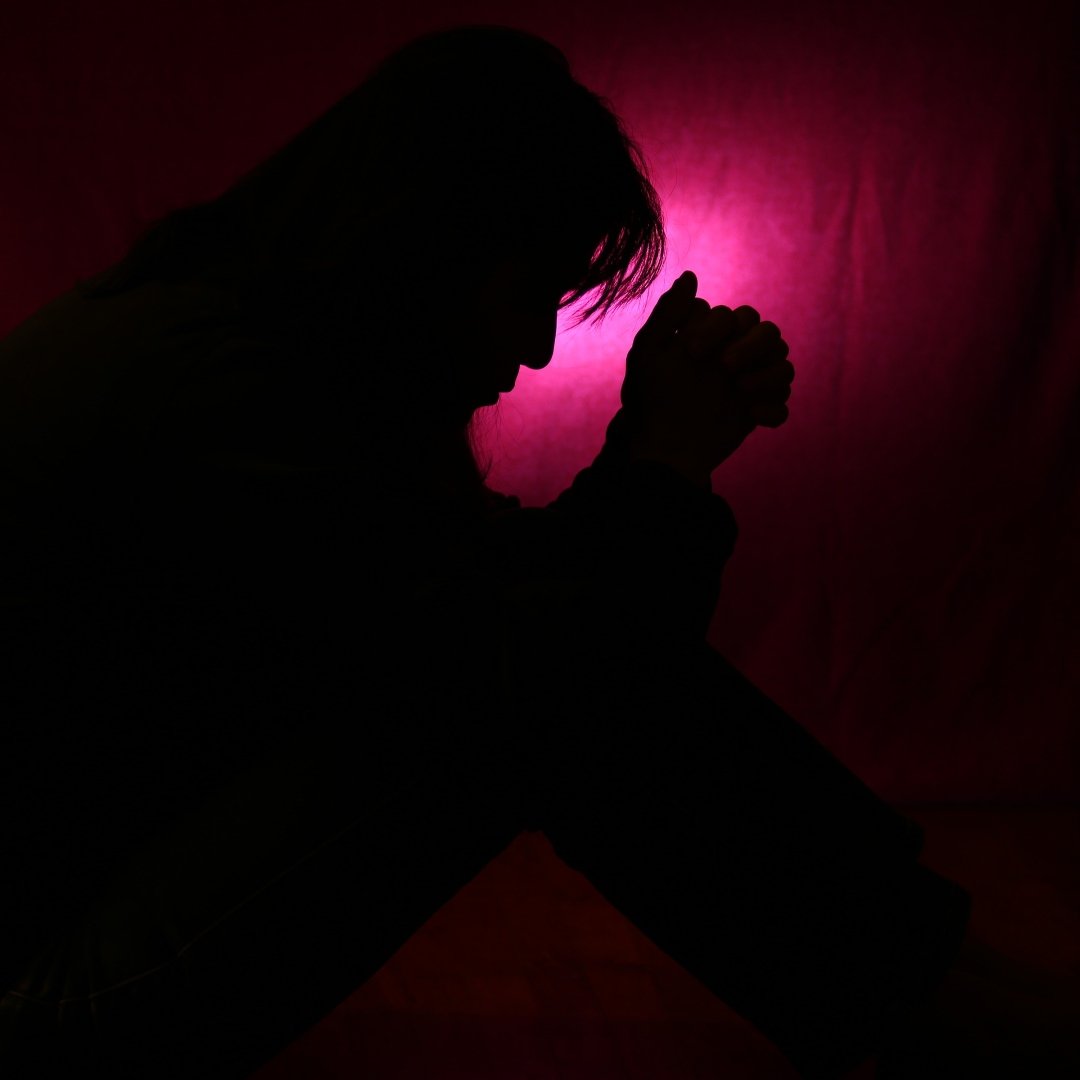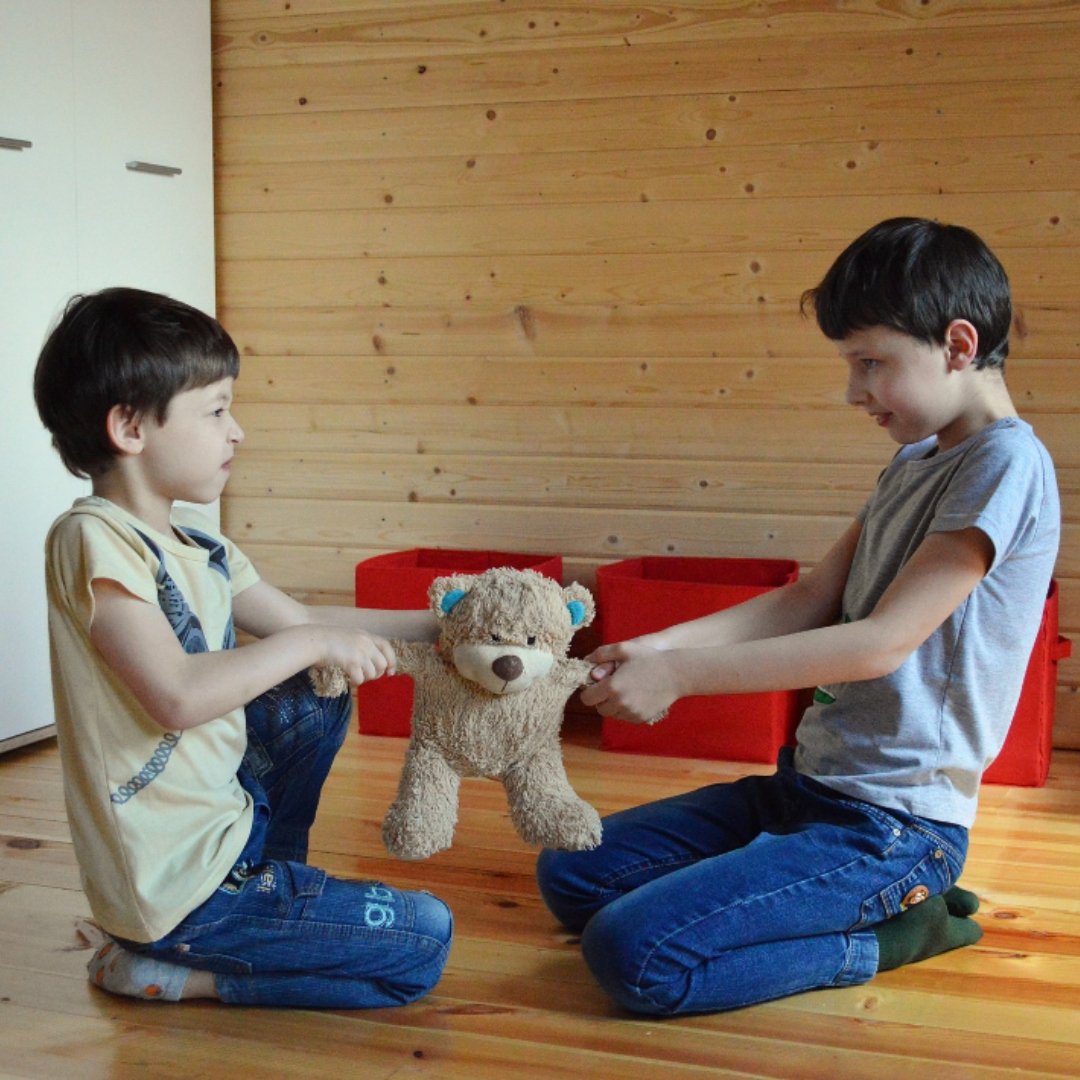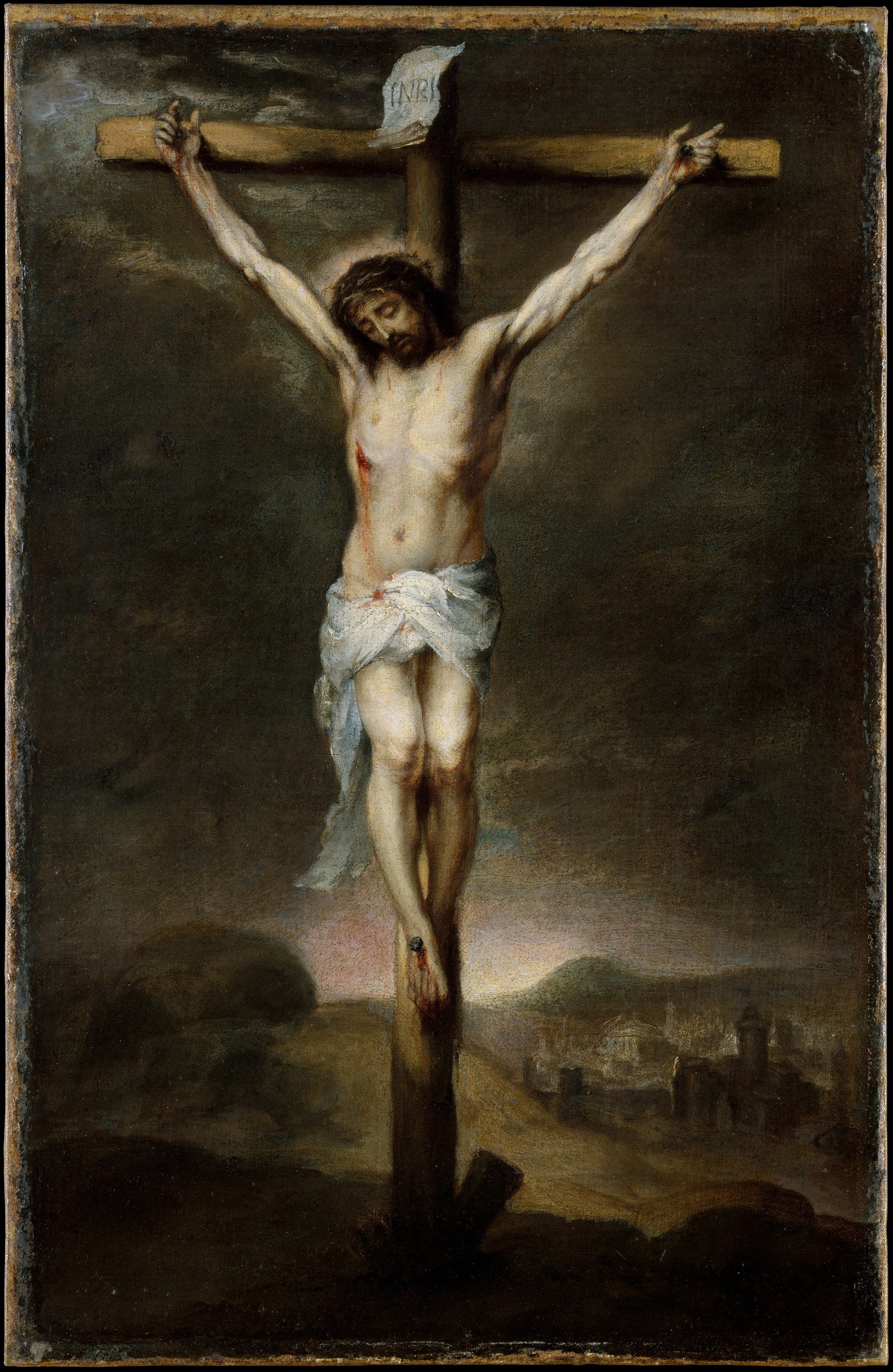We have a daily ritual that occurs every day when the kids are all home together. For some reason, our children always offer the following exchange in a particularly high-pitched voice:
I’m sorryyyyy.
I forgive youuuuu.
Some days I hear this conversation a dozen times! The repetition helps me reflect on the true meaning of forgiveness.
Forgiveness Is Required
Wouldn’t it be convenient, nursing a hurt, to find a degree of consolation in the knowledge that I am the wounded one — the victim — and, as such, I have a kind of “right” to anger? I know that I’ve felt this kind of self-justification. “Look at what she did to me! Of course I shouldn’t speak to her again!” I’m the injured party: I’m entitled to this animosity.
But if we don’t take concrete steps to forgive, that resentment and bitterness, festering within, will end up condemning you and me. We pray in the Our Father, “Forgive us our trespasses, as we forgive those who trespass against us.” The way we forgive is the way God will forgive us.

Forgiveness is Not a Feeling
For the longest time, I thought I hadn’t forgiven the person who hurt me because, well, I still felt hurt! However, we are human beings and we have emotions. While we can’t control these feelings, we can direct them. I’ve often told my children, “It’s okay to feel angry. It’s not okay to hit or scream in your anger.” It’s okay to feel hurt; it’s not okay to fuel the fire of resentment.
Forgiveness is an act of the will, not the emotions. It is mentally deciding: Yes, I will forgive this individual who wronged me. In time, a feeling of forgiveness may follow, but it might take years. The father of a boy possessed by a demon exclaimed to Jesus, “I do believe, help my unbelief!” (Mark 9:25). We might similarly pray, “Lord, I do forgive! Help my unforgiveness!”
Forgiveness is a gift: both for the wrongdoer and the wronged. It is freeing! If you sincerely want to forgive and ask God for that gift, He will answer your prayer, in His time, bringing you peace and healing.
Forgiveness Is Work
With my children, forgiveness works pretty quickly. They exchange their lines and, moments later, have resumed their game, the grievance completely forgotten, and friendship restored.
We adults have a harder time with forgiveness, in part because the hurt isn’t over a stolen toy, but sometimes something that wounds us to our inner core. It’s not enough to decide, “I forgive this person” once and be done with it. Forgiveness is daily work.
When I struggled with forgiving someone, I received this advice: pray for the person who hurt you for forty days. The idea, of course, is that forty days trains your will to intentionally forgive, which over time becomes a habit. Forgiveness is purposeful work.

Sometimes the work of forgiveness might involve trying on a new perspective. It’s tempting to mentally villainize your wrongdoer (while simultaneously canonizing yourself!). Yet, now that time has passed, when I revisit painful situations, I can put aside my pride and realize that my words and actions also played a role in what happened. This doesn’t excuse the person from what he did, but it does help me understand that I’m not perfect either.
Of course, there are instances where the victim is 100% a victim. Even here though, working to understand the wrongdoer may be helpful. What kind of upbringing did the person have? Did he have a loving home with caring parents? Did she suffer from mental illness or depression? Sometimes we will never know what kind of crosses someone else may be carrying … and that’s why we must forgive, not just seven times, but seventy-seven times — always! (Matthew 18:22)

Forgiveness is Not Always Forgetting
So, now that you’ve chosen forgiveness, things can go back to normal and you can carry on as though nothing ever happened?
No, not always. Forgiveness does not mean the wrongdoer is excused from all blame and punishment. God is merciful and He is just.
We need to pray to the Holy Spirit for prudence and right judgment when deciding how to navigate relationships after forgiveness. What applies to one situation does not apply to all. In prudence, one may need to remember certain aspects of what happened in order to prevent them from happening again. Yet in charity, one must forget them all. It is a paradox of love.

In the end, the greatest example of forgiveness is Christ on the cross, praying, “Father, forgive them, they know not what they do” (Luke 23:34). The “they” Christ refers to are His crucifiers … which also includes you and me. Was it not our sins that caused Christ His suffering and death? If Christ can forgive us … how can we not forgive our brothers and sisters?
No comments:
Post a Comment